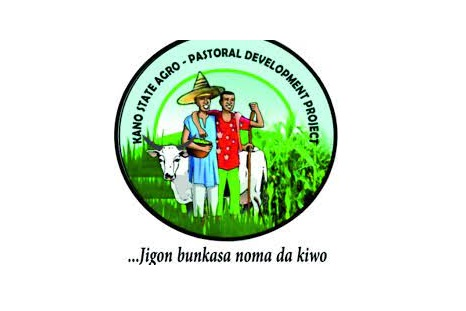The Kano Agropastoral Development Project (KSADP), funded by the Islamic Development Bank (IsDB), Lives and Livelihood Funds (LLF) and the Kano State government, has revealed that the project has intensified its efforts to ensure sustainable and profitable vegetable production in the state.
This was disclosed by the Project Coordinator of KSADP in Sasakawa Africa Assiciation (SAA), Abdulrasheed Hamisu Kofarmata. According to him, the project has established 150 Demo clusters of tomato, onion and cabbage in 20 local government areas of Kano, which he said will serve as Farmer Learning Platforms (FLPs) during the 2023/2024 dry season.
He added that the FLPs were established by the Sasakawa SAA which is an International Agricultural development organisation implementing the crop component of the KSADP.
He explained that the project emphasises the importance of early preparations, including pre-planting operations, to ensure successful dry season farming operations. “The establishment of the Farmer Learning Platforms is crucial to equipping our farmers with the necessary skills and knowledge to optimise crop yields and enhance their livelihoods during the dry season for profitable vegetable farming,” he said.
He noted that the project also aims at empowering farmers to overcome challenges such as pest and disease attacks, inadequate knowledge and technology, insufficient post-harvest handling techniques and facilities, among others.
“The KSADP is committed to promoting vegetable production to strengthen nutrition/food security, boost agricultural productivity, and we are confident that our comprehensive approach will yield significant benefits for the agricultural sector and the overall well-being of the state,” he added.
In his comment, the programme officer of Regenerative Agriculture SAA/KSADP, Mr Tijjani Tanko, stated that the focus is networking farmers through its 270 Extension Agents and 540 Community-Based Facilitators for effective technology transfer.

 Join Daily Trust WhatsApp Community For Quick Access To News and Happenings Around You.
Join Daily Trust WhatsApp Community For Quick Access To News and Happenings Around You.


